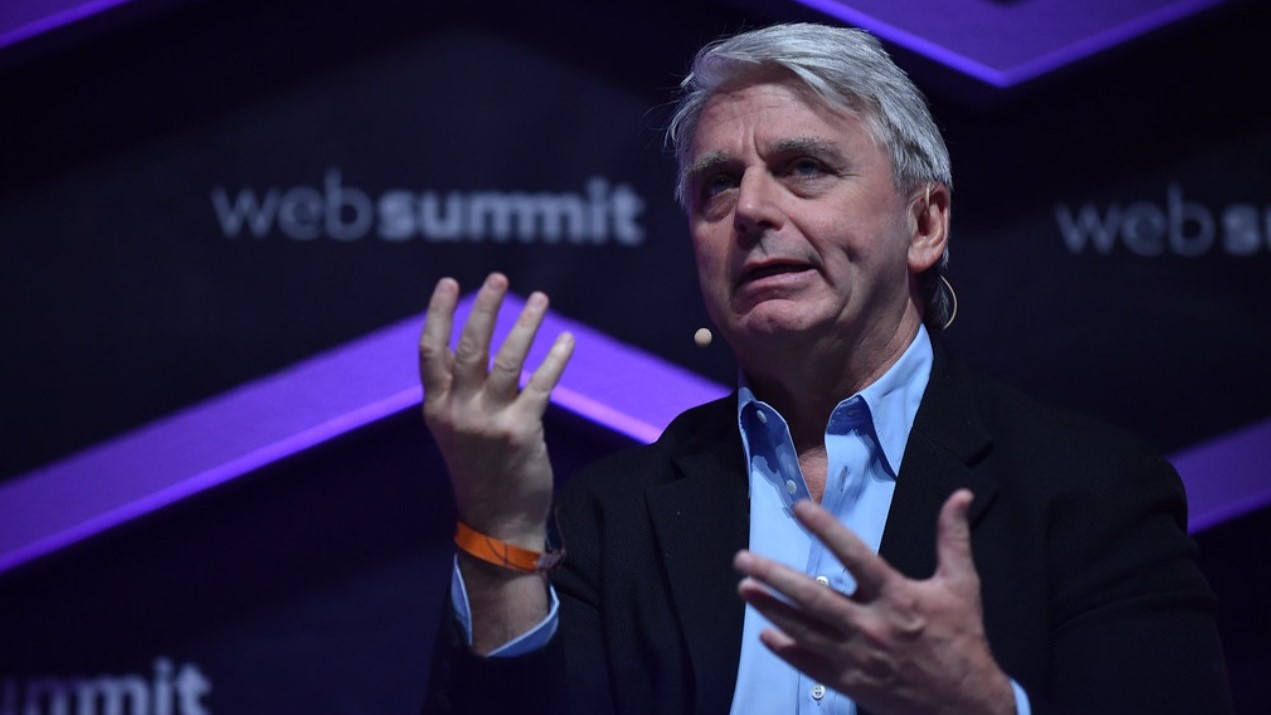Unity CEO John Riccitiello to leave company immediately following recent pricing controversy
He will continue to advise the company to help its transition

It was confirmed yesterday (Monday, October 9) that Unity's president, CEO, chairman, and member of the company's board of directors, John Riccitiello, is retiring from his roles, effective immediately. This comes just weeks after the company announced its controversial Runtime Fee for certain users of its game engine - a decision that’s received significant backlash from developers.
In a press release (via Business Wire), it was revealed that James M. Whitehurst (who previously served as the president of IBM) will serve as the interim CEO, president, and member of the board. Meanwhile, Roelof Botha, the lead independent director of the Unity board, is the new chairman. Despite stepping down from his roles, it’s stated that Riccitiello will carry on advising the company “to ensure a smooth transition”.
“It’s been a privilege to lead Unity for nearly a decade and serve our employees, customers, developers, and partners, all of whom have been instrumental to the company’s growth,” Riccitiello said in a statement. “I look forward to supporting Unity through this transition and following the company’s future success.”
Botha praised Riccitiello for his impact on the company and stated that it “would not be where it is today without the impact of his contributions”. He added: “I remain excited for the future of Unity.”
The Unity Runtime Fee was first announced last month when it was originally stated that anyone whose games had reached certain thresholds (based on their revenue and lifetime installs) would be subject to an additional monthly fee, calculated using the number of additional installs that their games received beyond the initial threshold set by Unity.
However, not long after this announcement (and the backlash that followed), the president of Unity Create, Marc Whitten, responded with an apology and outlined a number of changes that are being made to the policy before it’s rolled out next year. For example, the changes will no longer apply to Unity Personal or Unity Plus users, but for those that the fee can potentially impact (on Pro and Expertise), it will only apply to games created using the next Long Term Support (LTS) releasing in 2024, meaning that games that have already been completed will remain unaffected unless they’re upgraded.
If you’re looking for some new game recommendations, be sure to check out our lists of the best indie games and best PC games.
Sign up for breaking news, reviews, opinion, top tech deals, and more.

Catherine is a News Writer for TechRadar Gaming. Armed with a journalism degree from The University of Sheffield, she was sucked into the games media industry after spending far too much time on her university newspaper writing about Pokémon and cool indie games, and realising that was a very cool job, actually. She previously spent 19 months working at GAMINGbible as a full-time journalist. She loves all things Nintendo, and will never stop talking about Xenoblade Chronicles.